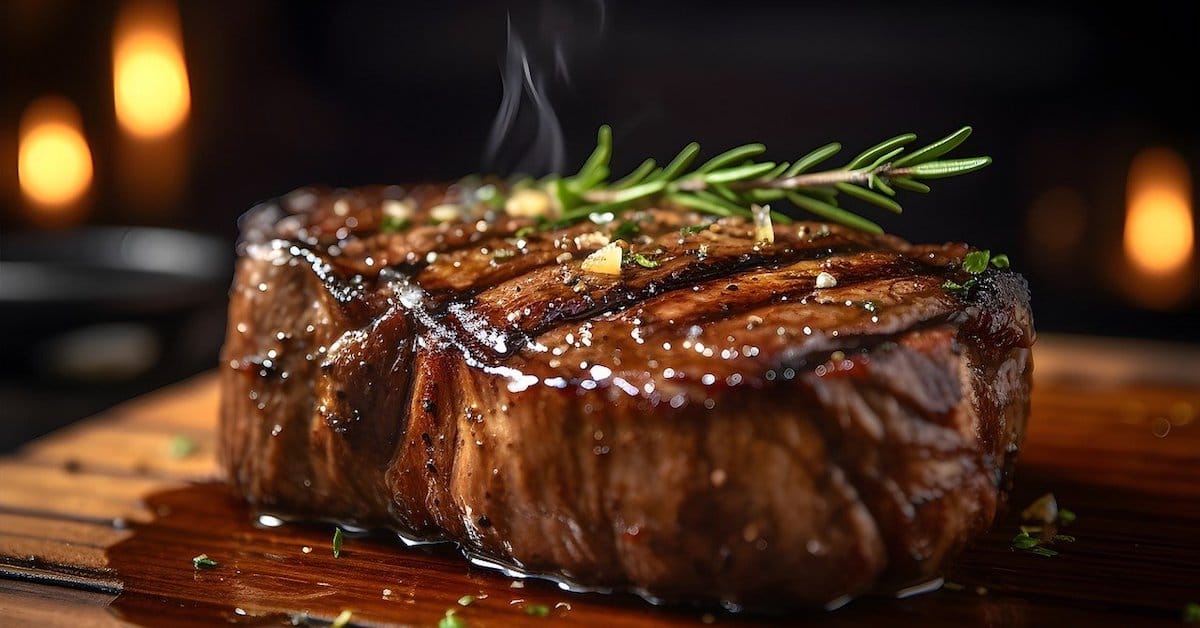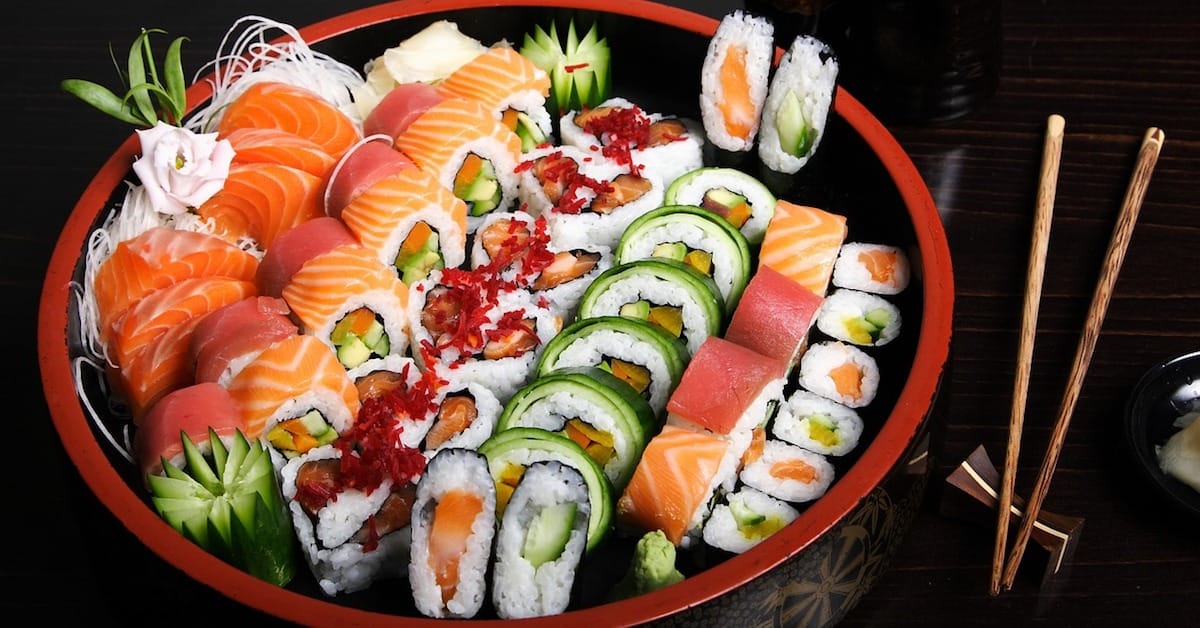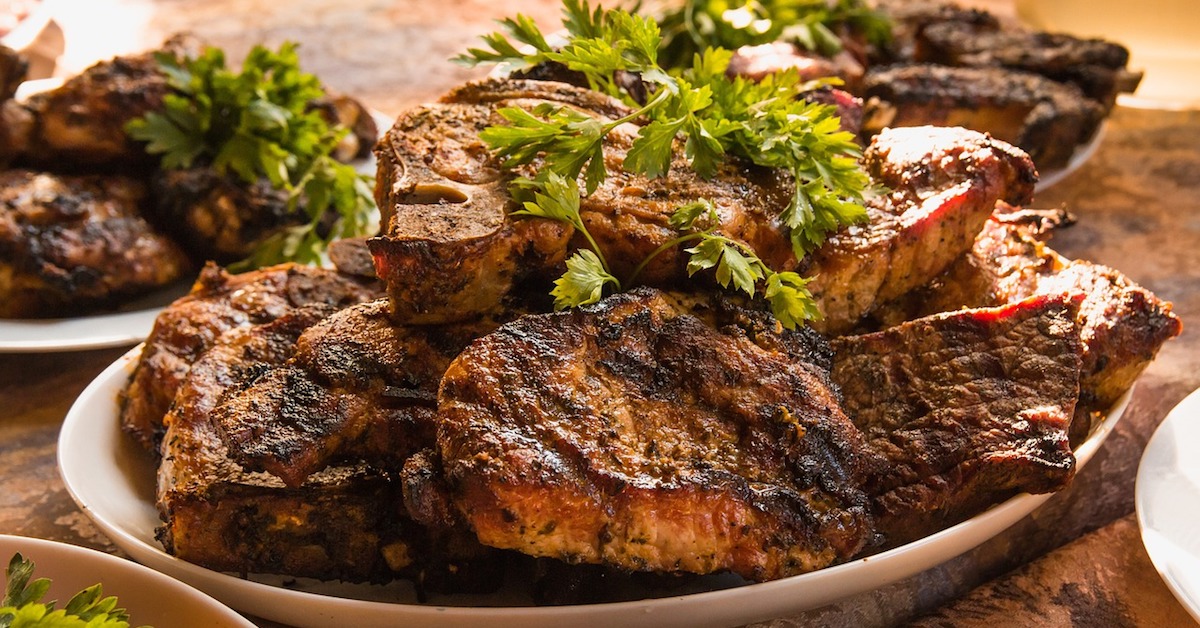With food more abundant than ever, we should be thriving—but instead, many people feel lethargic, gain body fat instead of muscle, and suffer from chronic disease at increasing rates. Nutrition plays a key role in reversing these trends, and it all starts with a proper breakfast.
Rethinking Breakfast
You’ve likely heard the saying: “Eat breakfast like a king, lunch like a prince, and dinner like a pauper.” Yet most people do the exact opposite. In fact, many of the foods commonly eaten in the morning are better suited for nighttime—and vice versa.
For example, if you struggle with falling asleep, one of the best meals to help you doze off is a bowl of cereal with low-fat milk and a sliced banana. Add a glass of orange juice, and you’ll be in dreamland in no time. The high sugar and tryptophan content will do the trick.
Contrast that with red meat, which contains tyrosine, a compound that competes with tryptophan and makes you feel awake, alert, and energized. It’s the perfect choice for breakfast, yet few people eat it in the morning.
Start Your Day for Success
Most people start their day with a carb overload—processed, packaged, and refined foods. This spikes blood sugar, followed by a crash that leaves them tired, hungry, and unfocused by midmorning.
Why do we associate foods like cereal, toast, bagels, pancakes, waffles, yogurt, and orange juice with breakfast? Because we’ve been programmed to. But if anything, these foods should be reserved for evening when relaxation—not productivity—is the goal.
The Best Breakfast Strategy: Leftover Dinner
One of the most valuable nutrition tips I give clients is to have leftover dinner for breakfast. It’s easy, quick, convenient, and nutritious.
Simply cook more food at night and save some for the next day. A healthy dinner should include protein and fat from grass-fed meat or wild-caught fish. Make enough so you have leftovers for breakfast and lunch.
Store your food in a non-plastic container like CorningWare or Pyrex. If you’re leaving it out overnight, keep it unrefrigerated. This allows you to reheat it on the stove or in a toaster oven (here’s the one I use) without altering its composition or stripping nutrients. One night out won’t lead to bacterial overgrowth, and quite frankly, food tastes better this way than when reheated from the fridge.
Eggs: A Great Choice, But Not Every Day
Eggs are highly nutritious and a great breakfast option, but they shouldn’t be eaten every day. Repeated exposure will eventually lead to intolerance. If you’ve been eating eggs daily for a while, take a food intolerance test—you’ll be surprised.
I recommend eating eggs just once or twice a week. They’re the perfect choice when leftovers aren’t available.
What About Meal-Replacement Shakes?
While quick and convenient, shakes are still a processed food. I always prefer a solid meal, but if you’re in a hurry, a protein and fiber shake is fine.
Avoid dairy-based proteins in the morning—save those for post-workout or nighttime. Instead, go for hypoallergenic sources like rice protein. Skip psyllium and oat-based fibers, which can cause bloating. Opt for apple and citrus pectin, sprouted chia, and flax seed instead. Use water, not milk or juice, and adjust the amount based on your preferred thickness.
Morning Hydration & Other Drinks
Before breakfast, start your day with water:
- Filtered water in a tall glass
- A pinch of sea salt
- A squeeze of fresh organic lemon
This supports hydration, detoxification, and digestion.
Other good morning drinks include coffee with a splash of organic cream, tea with a cinnamon stick, or espresso—black with no sugar—paired with a handful of raw nuts for enhanced taste.
Breakfast: The Most Important Meal of the Day
Many people skip breakfast altogether, but if you want more energy, mental clarity, muscle growth, and fat loss, you must break the fast shortly after waking.
If you’re not used to eating in the morning, start with a small bite each day. Over time, your appetite will adjust, and you’ll actually look forward to breakfast.
Breakfast Formula for Success
A great breakfast should include:
- Protein from grass-fed meat, wild-caught fish, or pastured eggs
- Healthy fats from animal sources, organic coconut oil, butter, or purified fish oil
- Fiber from raw, organic nuts (a great alternative to vegetables in the morning)
For high-quality organic and sprouted nuts, check out nuthut.ca and realrawfood.com.
Bottom Line
It’s time to go against the grain. Start tomorrow right by making more for dinner tonight.



